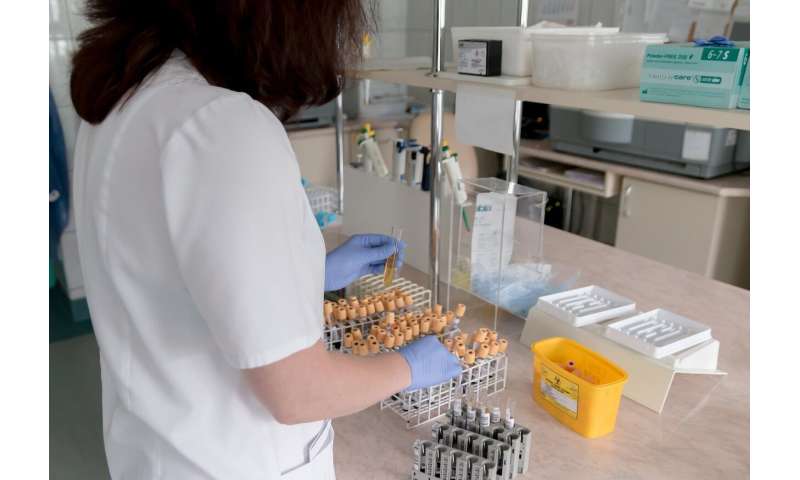
Next-generation sequencing (NGS) of cell-free DNA (cfDNA) obtained from blood samples may improve diagnostic testing in patients with advanced NSCLC, and may also be faster and less expensive compared to standard tissue profiling, according to research presented today at the IASLC 2020 Lung Cancer Hot Topic: Liquid Biopsy Virtual Conference.
There have been numerous advances in liquid biopsy since its advent in 2018, and the concept of a “blood-first” approach—superseding or replacing tissue biopsy—is a current topic of much debate and discussion. The IASLC Liquid Biopsy Conference is a virtual forum to discuss research in this area and ultimately determine if the cost and effectiveness of the testing makes it applicable in public health and clinical settings.
Canadian researchers led by Dr. Natasha Leighl, Princess Margaret Cancer Centre, Toronto, Canada, examined the clinical utility and treatment outcomes with liquid biopsy in patients with advanced NSCLC from the perspective of the Canadian public healthcare system.
Dr. Leighl and her colleagues at six Canadian hospitals organized 210 patients into two cohorts:
- Cohort 1 included 150 treatment naïve patients with measurable disease and smoking history of fewer than 10 packs of cigarettes per year.
- Cohort 2 enrolled 60 patients with known oncogenic drivers whose disease progressed on tyrosine kinase inhibitors (TKIs).
After excluding variants of unknown significance and synonymous alterations, 118 patients in Cohort 1 (79%) had more than one alteration detected by G360 test (304 alterations detected in 35 genes). Of these, 284 alterations were considered actionable with FDA-approved drugs or available clinical trials. Actionable targets included EGFR (32.0%), ERBB2 (3.2%), MET (3.2%), ALK (1.4%), KRAS G12C (1.1%), and ROS1 (0.4%). Additional clinically relevant alterations included TP53 (27.8%), KRAS non-G12C (3.9%), PIK3CA (3.9%) and BRAF nonV600E (1.1%).
In Cohort 2, 53 patients (85%) had more than one characterized genomic alteration detected, with a total of 165 alterations in 28 genes including EGFR (45.8%, five were C797S), ALK (fusions 3.3%; mutations 2.0%), BRAF (V600E 0.7%; other 3.3%), MET (amplification 2.0%; exon 14 0.7%), FGFR3 (0.7%), and RET (0.7%) as well as non-driver mutations. Twenty-seven patients (14.0% in Cohort 1; 10% in Cohort 2) had no alterations detected by G360. In samples with alterations detected, the median number of alterations per patient was three (range 1-17). The median time to reporting of G360 was 7 days (range 5-27).
Source: Read Full Article
